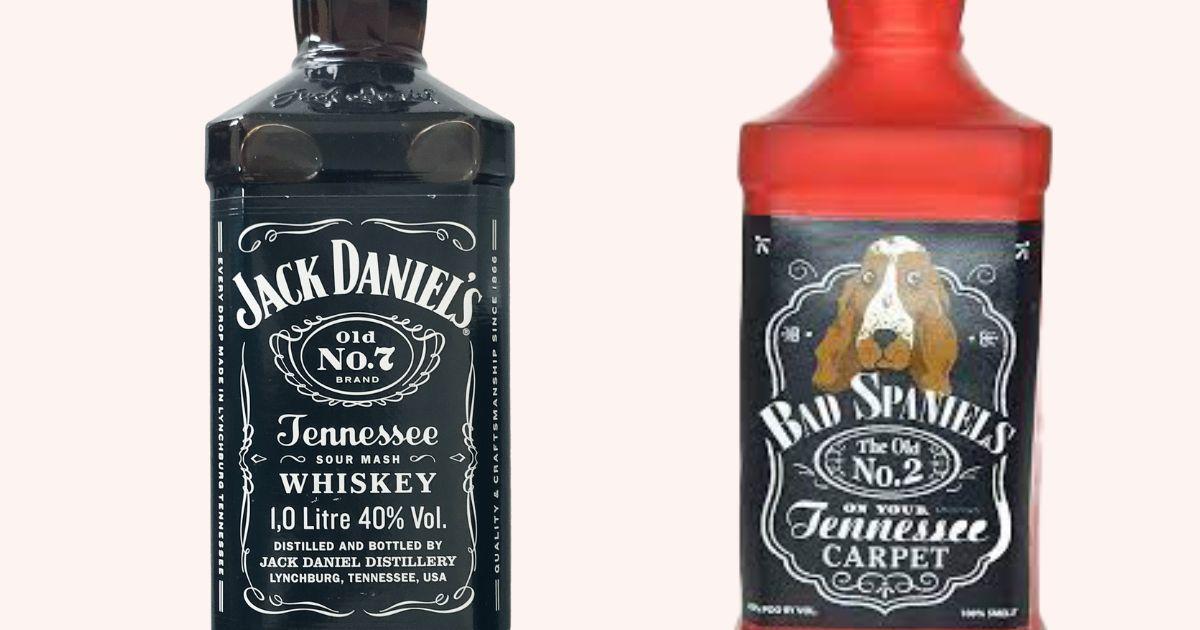The descriptiveness of your brand can significantly impact your chances for a successful trademark registration. Trademarks that are highly descriptive or generic in nature face more challenges during the registration process. This is because trademarks are meant to serve as unique identifiers of the source of goods or services, and highly descriptive terms do not inherently fulfill this function.
Inherently distinctive marks are typically easier to register and protect. These marks are unique, creative, and unrelated to the goods or services they represent. Examples include made-up words like "Google" or "Kodak." Such marks have a stronger inherent ability to distinguish your products or services from others in the marketplace. Therefore, they are more likely to be granted trademark protection.
On the other hand, descriptive marks directly describe a characteristic, quality, or feature of the goods or services they represent. For instance, "Comfort Shoes" for footwear or "Organic Juice" for beverages. Descriptive marks lack the inherent distinctiveness needed to be immediately registered as trademarks. They are considered weak because they merely describe the goods or services in a straightforward manner. Consequently, obtaining trademark protection for descriptive marks is more challenging.






